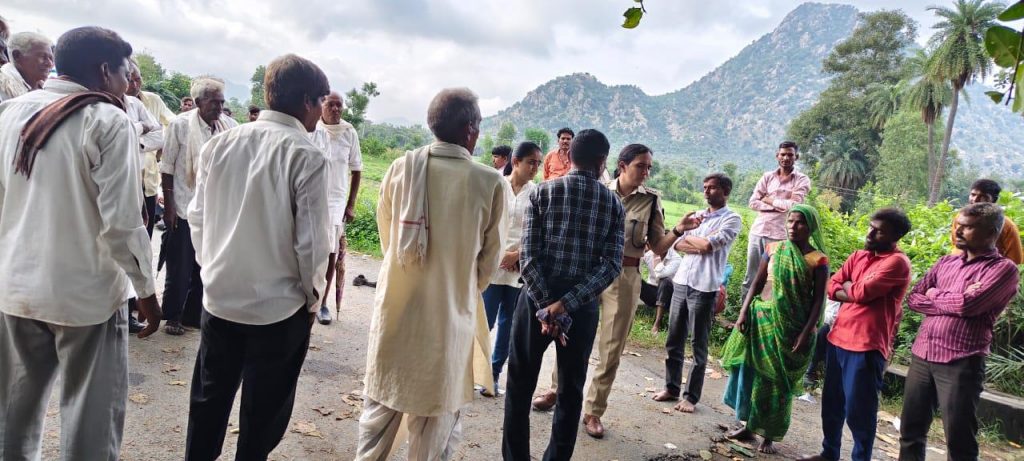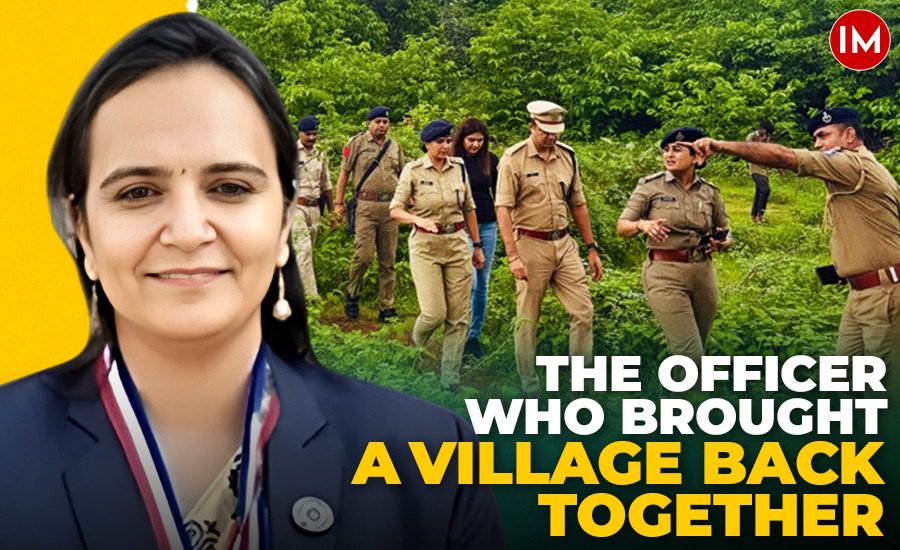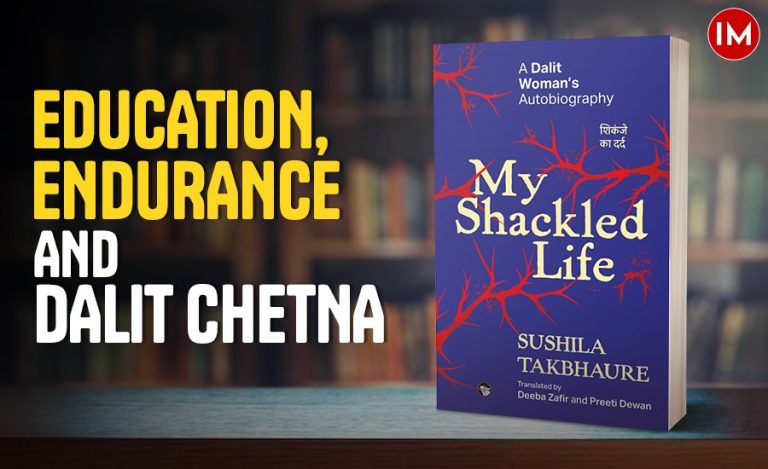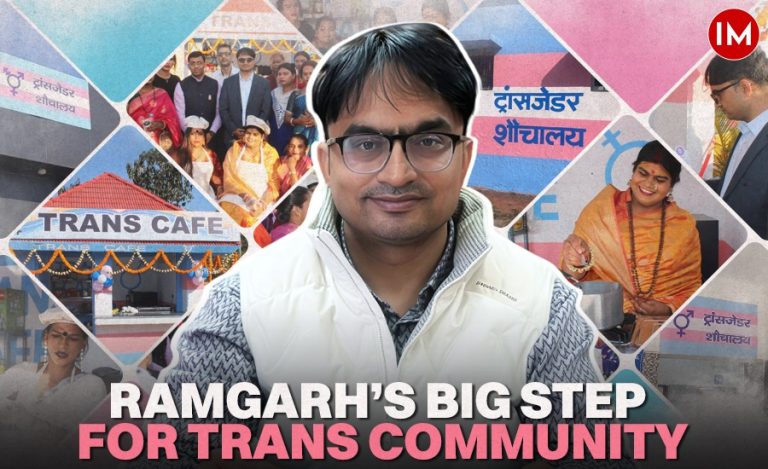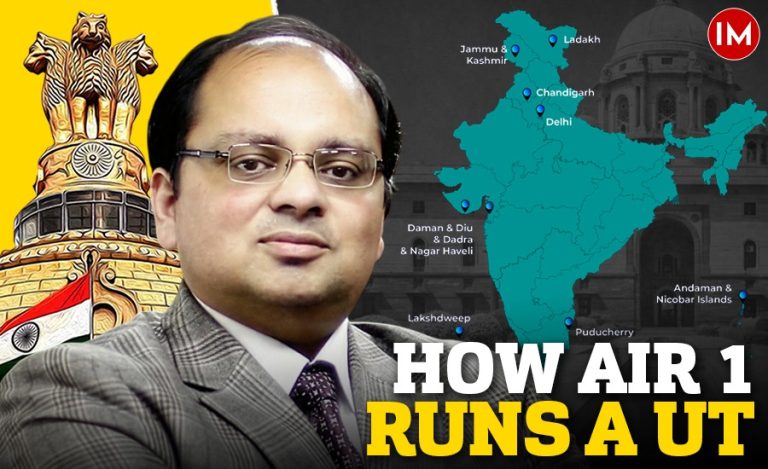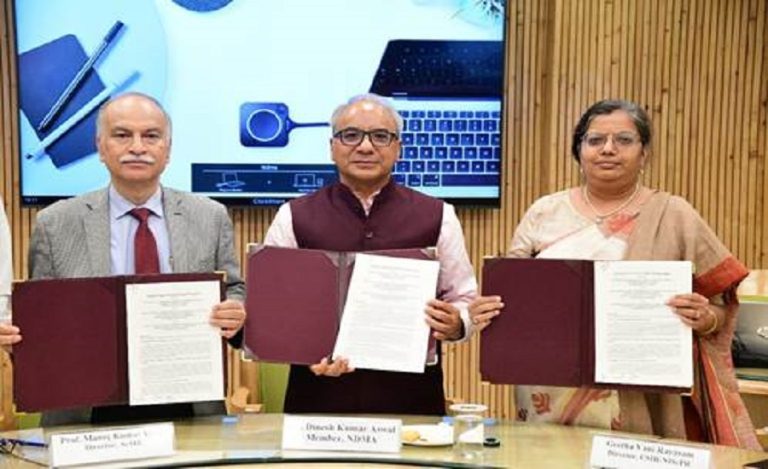For 12 long years, 29 families from the Kodarvi community of Mota Pipodara in Banaskantha had been living like ghosts, banished from their land, cut off from their neighbours, and surviving on daily wages in faraway towns. Their homes stood abandoned, farmlands turned barren, and their children grew up without ever knowing the soil their parents once tilled.
The reason for this exile? A single murder in 2014 and the invocation of ‘Chadotara’, a traditional tribal dispute resolution system meant to restore peace. But instead of healing, it ripped the community apart. Nearly 300 members were told to leave, and no one dared return.
No court, no government order had managed to undo the exile. The years stretched on, until a young IPS probationary officer, just 26 at the time, decided to listen.
IT BEGAN WITH A CONVERSATION IN THE KITCHEN
Posted as Assistant Superintendent of Police in Danta, 2021-batch IPS officer Suman Nala first heard about the Kodarvi families’ plight from an unexpected source: her domestic help.
“She told me her parents had been forced to leave their village because of a Chadotara,” Suman recalls. “When I looked into it, I found that the main accused in the original case had been acquitted years ago. Yet the punishment for the rest of the families never ended. That didn’t sit right with me,” she shared in an exclusive conversation with Indian Masterminds.
Despite being on probation, Suman decided to take up the matter.
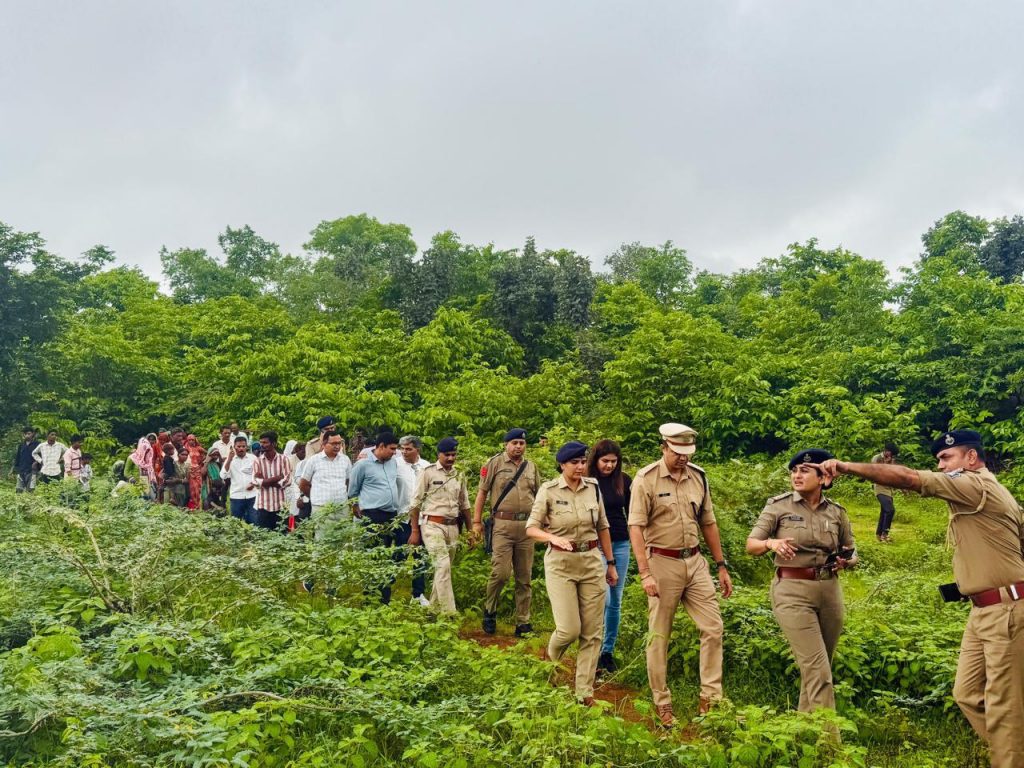
DIALOGUE, NOT FORCE
She knew that walking into a tribal dispute with police power alone would only deepen mistrust. “In such matters, when people are not very educated and live in close-knit communities, it’s emotions that speak louder than logic,” she explains.
So, Suman began visiting the area quietly, meeting each side separately. “Many times, I met one party at a time, then the other. I would ask simple questions: What do you want in the end? Is it money? Is it safety? Once they voiced their needs, it was easier to find common ground.”
She worked closely with Banaskantha SP Akshayraj Makwana and Hadad police sub-inspector Jayshree Desai, holding round after round of talks with village elders. At times, she even used a bit of “drama and acting” to get both sides to see the other’s point of view.
“The most important thing was trust,” Suman says. “As a community, they believed they’d always be left on their own. I had to show them I wouldn’t walk away midway.”
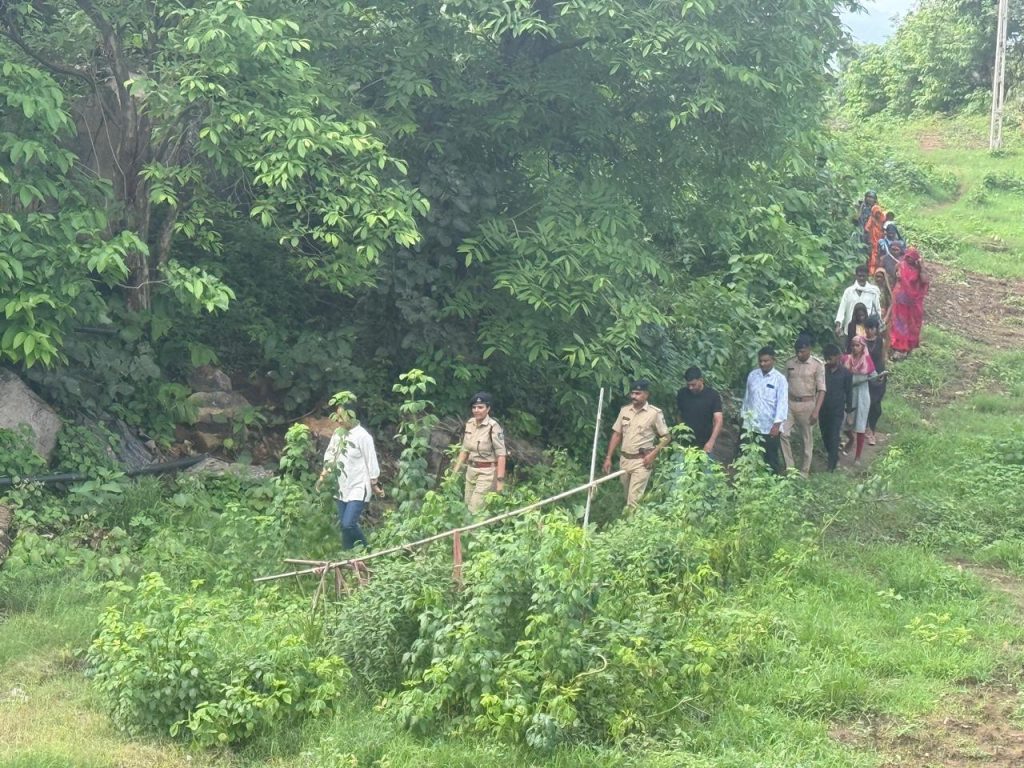
BEYOND RECONCILIATION, REBUILDING LIVES
Finally, both communities agreed to let the exiled families return. But Suman knew that simply sending them back wasn’t enough.
“These people had no homes, no electricity, no water, no income. We couldn’t just say, ‘Okay, go back’ and leave it at that,” she told Indian Masterminds.
She coordinated with the district collector and local NGOs to mobilize Rs. 70 lakh for resettlement. Rs. 40 lakhs were collected from the collector’s fund and Rs. 30 lakhs from the civil society. The money went into rebuilding 30 houses, restoring electricity and water connections, and providing farming support. A community hall is now under construction, and new concrete roads are being laid.
“I also got all of them registered into social welfare schemes,” Suman adds. “Since they were gone for so long, they weren’t in the system anymore.”
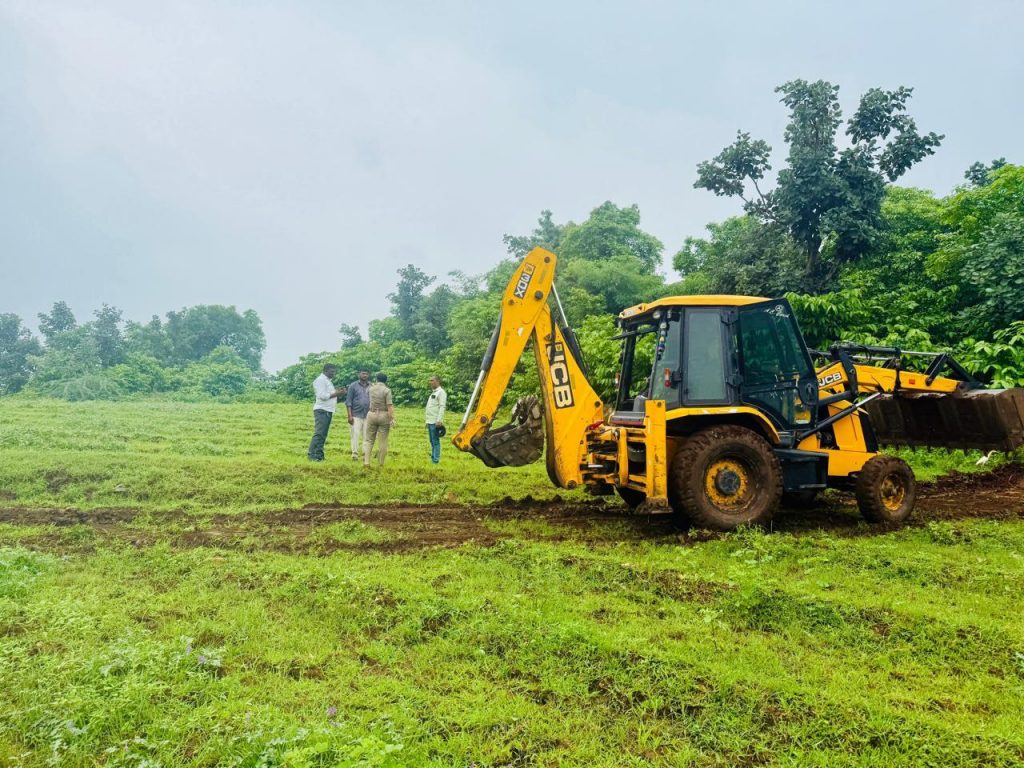
THE HOMECOMING
The day the Kodarvi families returned to their village, it wasn’t just a relocation; it was a reunion. Children ran through fields their parents had left behind when they were toddlers. Neighbors embraced. Farmlands, once dry, were ploughed again.
“By choosing dialogue over division and empathy over enforcement, we’ve shown that policing can be a bridge to peace,” she shared.
For Suman, it was the sight of a child playing outside a newly built home that stayed with her. “That’s when I felt it; this is not just about land or houses,” she says softly. “It’s about restoring belonging.”
Today, the Kodarvi families are not just back on their land; they are building a shared future with the very community that once turned them away. And it all started with a young officer who decided to listen, ask questions, and refuse to accept that 12 years of separation had to last forever.
